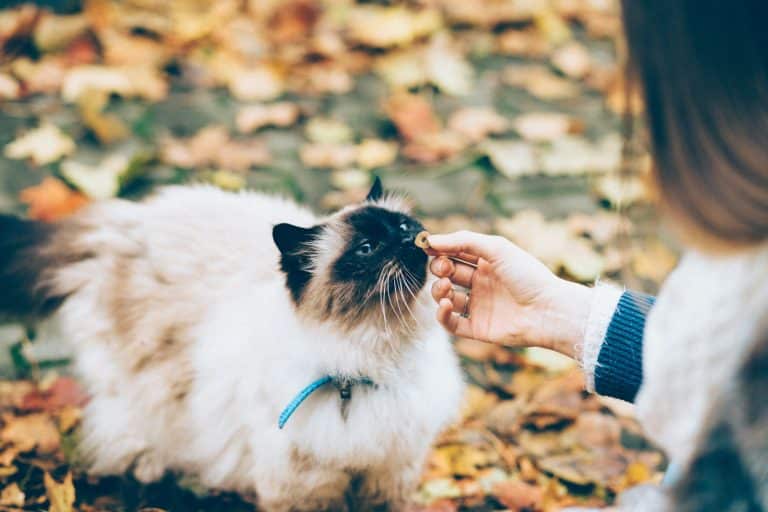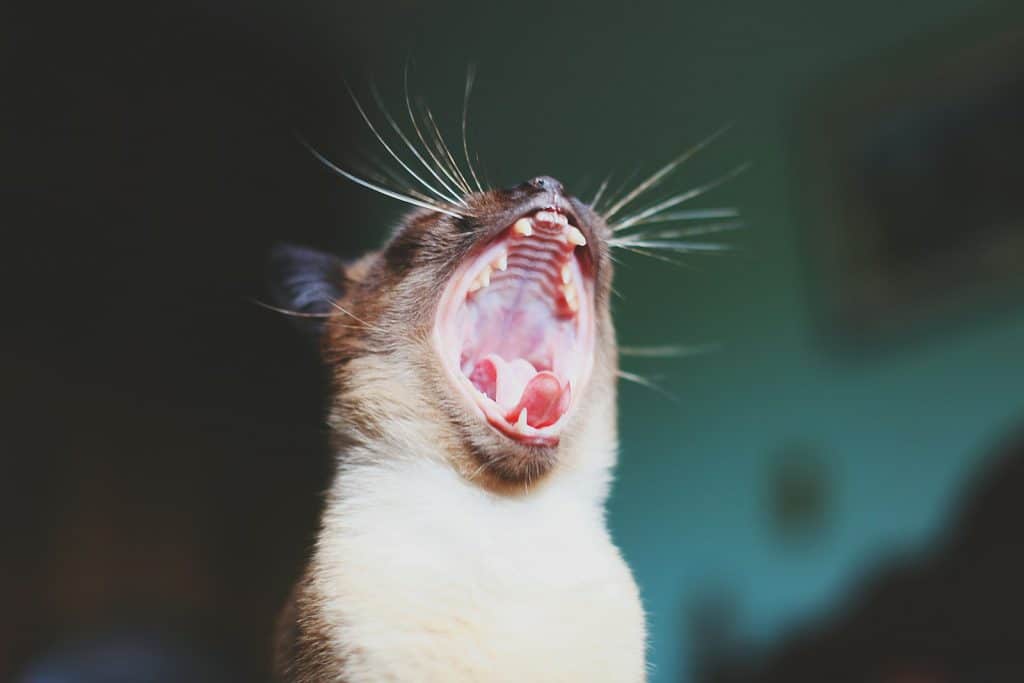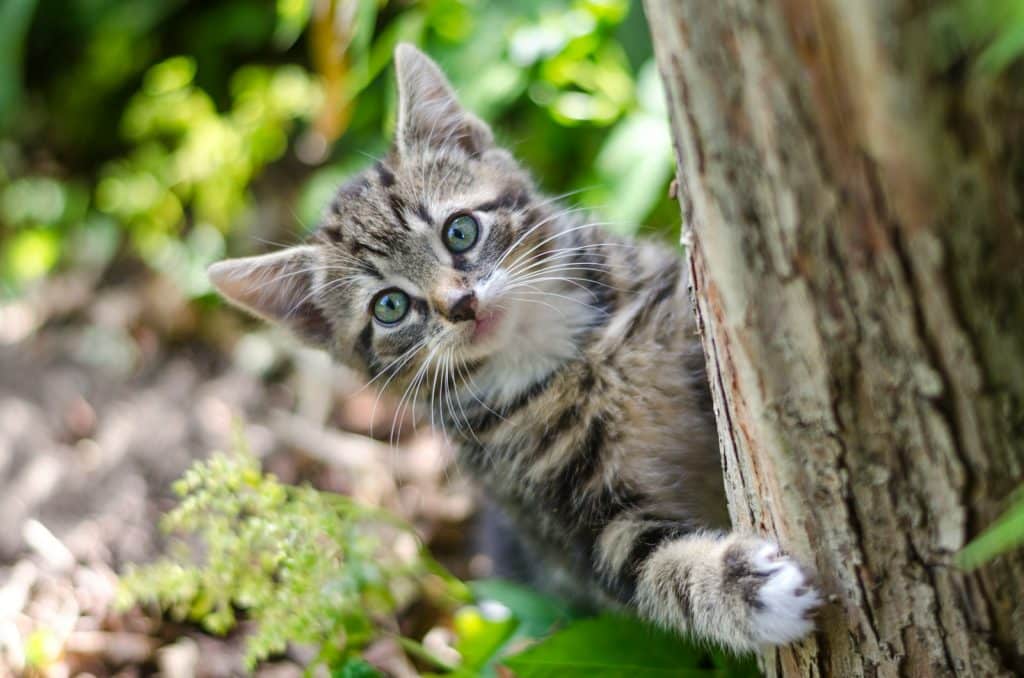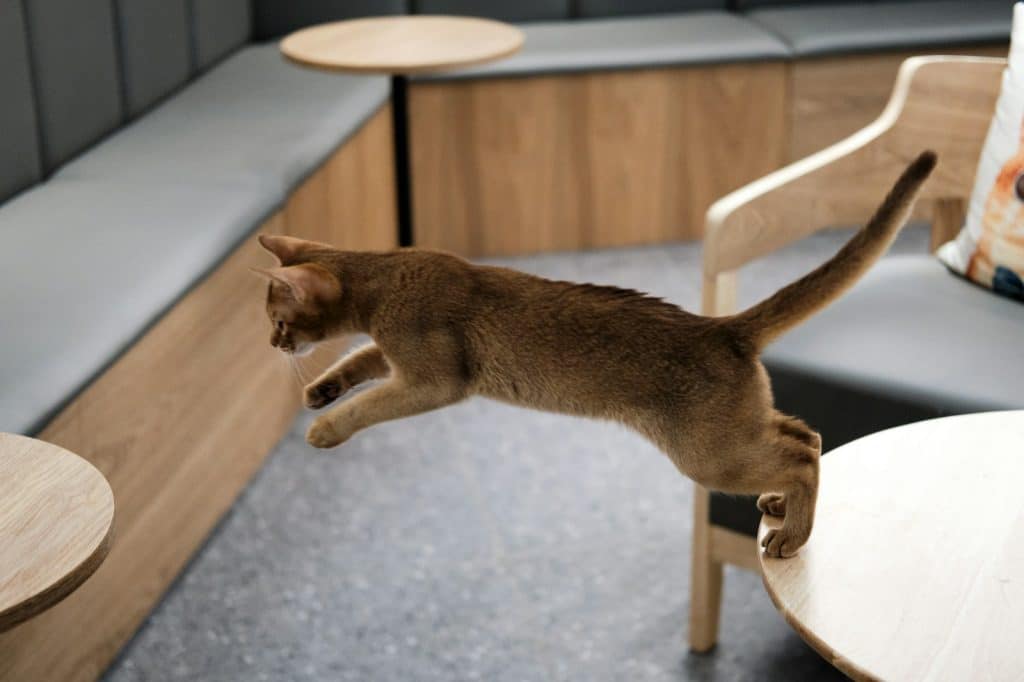Minerals for Cats: The Essential Role of Calcium and How to provide Your Cats Calcium requirements
Minerals are inorganic compounds critical for maintaining normal bodily functions. Cats require a variety of minerals, including calcium, phosphorus, potassium, sodium, magnesium, iron, copper, manganese, zinc, iodine, and selenium, to thrive. This article focuses on calcium—a mineral vital for both humans and cats—exploring its importance, dietary sources, and how to address deficiencies. We’ll also answer the common question: Can cats eat yogurt?
Why Calcium Matters for Cats
Calcium is indispensable for feline health due to its diverse roles. It’s classified as an essential nutrient, meaning cats must obtain it through their diet. However, calcium’s efficacy depends on other nutrients like vitamin D, phosphorus, and vitamin K, which must be balanced in a cat’s diet.
Key Functions of Calcium in Cats:
- Bone and Dental Health: Works with phosphorus and vitamin D to maintain strong bones and teeth.
- Cellular Regulation: Ionized calcium helps regulate fluid balance within cells.
- Nerve and Muscle Function: Supports heart muscle contraction, nerve signaling, and cognitive processes.
- Enzyme and Hormone Activation: Aids in metabolic processes, digestion, and vision.
Without adequate calcium, cats face serious health risks. Let’s explore how to provide it safely.
Calcium Sources for Cats: Beyond Milk and Yogurt
When humans think of calcium, dairy products like milk and yogurt come to mind. But cats aren’t built to digest lactose efficiently, especially as adults. While technically cats can eat yogurt in small amounts, lactose intolerance often causes digestive issues like diarrhea or vomiting. For a deeper dive, read our blog: Can Cats Eat Yogurt? What Every Owner Should Know.
Optimal Calcium Sources for Cats:
- Animal-Based: Raw or ground bones (e.g., chicken necks), meat, fish, and organ tissues (liver, kidney).
- Balanced Commercial Diets: High-quality cat foods formulated to meet AAFCO standards ensure proper calcium-to-phosphorus ratios.
- Supplements: Veterinarian-recommended calcium powders or chews for cats with deficiencies.
Pro Tip: Avoid feeding cats table scraps or human foods. Instead, rely on nutritionally complete cat food.
Calcium Deficiency in Cats: Symptoms and Risks
Calcium deficiency (hypocalcemia) can stem from poor diet, kidney disease, or improper supplementation. Watch for these signs:
Symptoms of Calcium Deficiency:
- Muscle twitching or tremors
- Lethargy, restlessness, or reluctance to move
- Weak or brittle bones, spinal deformities
- Loose teeth, difficulty chewing
- Bone pain (limping, sensitivity to touch)
In severe cases, deficiency may lead to secondary hyperparathyroidism or rickets (softened bones). Always consult a vet if these symptoms arise.
Preventing Calcium Deficiency: Diet & Supplements
1. Prioritize High-Quality Commercial Diets
Premium cat foods (wet or dry) are meticulously formulated to include the right calcium-to-phosphorus ratio (~1.2:1). Look for:
- Animal protein as the first ingredient
- AAFCO compliance (“complete and balanced”)
2. Use Vet-Approved Supplements
For cats with dietary gaps, consider:
The Role of Vitamin D in Calcium Absorption
Without sufficient vitamin D, cats can’t absorb calcium properly. Ensure your cat’s diet includes this vitamin, ideally through:
- Sunlight exposure (indoor cats may need supplements)
- Foods like Solid Gold Bone Broth for Cats (rich in collagen and vitamin D).
Final Tips for Cat Owners
- Regular Vet Checkups: Blood tests can detect early signs of deficiencies.
- Avoid Human Foods: Chocolate, onions, and grapes are toxic; stick to cat-specific treats.
- Hydration Matters: Wet food or water fountains promote kidney health, aiding mineral balance.





